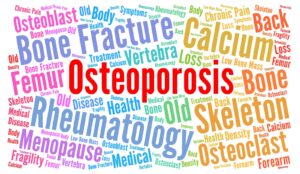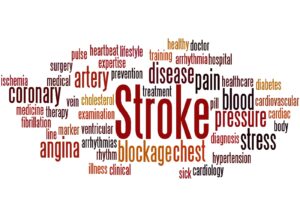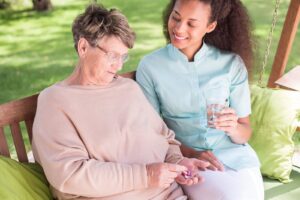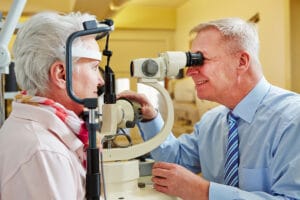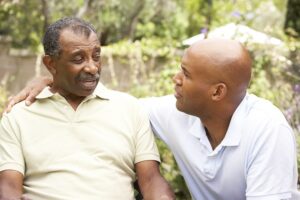Seniors and Health Issues
5 Ways to Reduce the Risk of Osteoporosis
Osteoporosis can affect both men and women of all races, but it has a tendency to occur more often in Asian and white women who are past menopause. It is also hereditary so if you have an older relative who had osteoporosis, it’s more likely that your aging parent may either already have it or…
Read More5 Tips for Helping Your Senior to Live with Atrial Fibrillation
Atrial fibrillation, or AFib, is a heart condition that causes a fluctuating heartbeat. The blood doesn’t move well through the body because of the abnormal heart rhythm, which can cause a variety of complications like heart failure, stroke, and even blood clots. It’s a serious health condition that brings with it side effects like shortness…
Read MoreManaging and Preventing Shingles
As your elderly family member gets older, you may hear more about something called shingles. But what is shingles and what does your senior need to know about it? The most important thing to know is that shingles is more of a concern for older adults who may have a weakened immune system. People of…
Read MoreWhat Can You Do to Help a Senior Recovering from a Stroke?
A stroke happens when blood flow in the brain suddenly stops, either briefly or even for minutes at a time. Damage to the brain from a stroke can range from mild to incredibly severe, resulting in difficulty controlling body movement, speech difficulties, and other problems. Here’s what you need to know as your senior recovers…
Read More6 Ways Home Care Can Make Life Easier for a Senior with Vision Loss
Vision challenges can make older adults withdraw and shy away from the things that they love to do. That doesn’t have to be daily life for your senior, though. With the help of home care, there are so many things that she can still enjoy doing, even with a little bit of extra assistance here…
Read MoreDiscover the Facts During National Aphasia Awareness Month
Did you know that more than eight out of ten people have never even heard of the medical disorder known as aphasia? Until Bruce Willis revealed he had it, it was a relatively unknown condition affecting about two million Americans. Aphasia is a communication disorder that often appears after a stroke, but it can appear…
Read MoreHow Can Elder Care Help Your Senior with Chronic Pain?
Pain that is chronic never leaves your senior alone to recuperate. That can eventually be something that causes you and your senior to wonder if she can continue to age in place. With the help of elder care, that goal may indeed be possible. Helping Watch for Symptoms and Issues Chronic pain takes a lot…
Read MoreUnderstanding the Signs of Diabetic Peripheral Neuropathy
Diabetic peripheral neuropathy is a form of nerve damage that occurs with diabetes. It happens when blood sugar levels are too high for an extended period. Your dad has diabetes, but how do you know if he’s experiencing this nerve damage? Signs of Diabetic Peripheral Neuropathy When the blood sugar levels are high for extended…
Read MoreWhat Do You Need to Know about Protecting Your Senior’s Eyes if She’s Diabetic?
Personal Care at Home in Brentwood CA: Diabetes offers a variety of complications, including some that affect your senior’s vision.
Read MoreHow to Approach a Cancer Diagnosis with Your Senior
In case of cancer in seniors, it is critical to ensure high quality, round-the-clock patient care.
Read More
